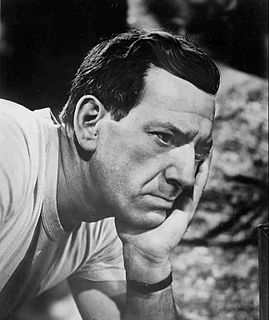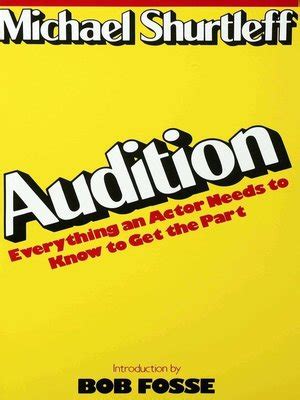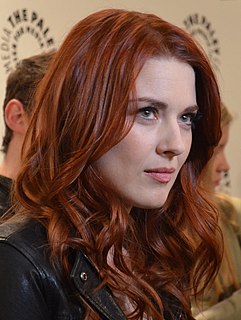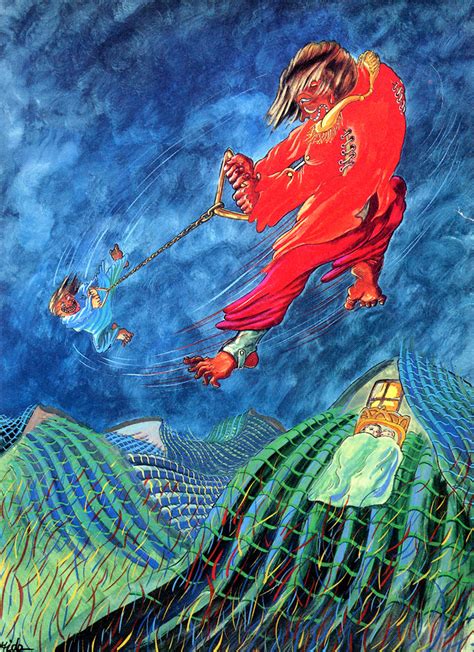A Quote by Priyamani
If a female actor is not comfortable with how a scene is shot and says no, it means no. They should not go ahead with the scene.
Related Quotes
The only tool we have as artists is selectivity. If you're a painter, you select the color, the lines, how severe they should be. As an actor you develop how angry you should be. You select how angry you should be. You listen to the other actor and then you react. In film, sometimes the other actor isn't even there. You have to play the scene. What I do is I call on my experience on the stage. I play the scene and I hope that I reach a certain level of integrity because that's what I learned on the stage.
I think one of the things you have to be aware of as an actor is that if you come on the set and see the director standing there mouthing all the words while a scene is going on, that's usually a very bad sign because it means the director has already shot the scene in his head. He knows exactly the rhythm and the nuances that he wants delivered in the line and you're not going to dissuade him.
The first scene I ever appeared in, it was the first scene I ever shot [during my] first day on set. I walk up to my mom with a plastic bag over my head and she says that her clothes better not be on the floor, not that a plastic bag is not a safety hazard or anything. I think it's a really cute scene and also just a very vivid memory.
have a much harder time writing stories than novels. I need the expansiveness of a novel and the propulsive energy it provides. When I think about scene - and when I teach scene writing - I'm thinking about questions. What questions are raised by a scene? What questions are answered? What questions persist from scene to scene to scene?




































